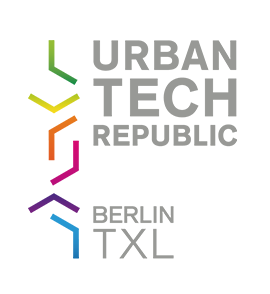To ensure the management of green spaces in Berlin TXL is as sustainable as possible, the aim of this project is to determine which is better for nature: maintaining grassy areas in the landscape area by means of grazing sheep or by mowing. To this end, the use of machines and grazing sheep are tracked using GPS data and the quality of the maintenance is digitally assessed on an ongoing basis via flora monitoring (see project fact sheet “Drone-supported long-term tracking for flora monitoring”).
For the people managing the landscape area, the maintenance of the green spaces is a core task. Both mowers and grazing sheep can be deployed for this. To find out which solution is more beneficial for nature, this project involves collecting GPS data from the mowers used and the grazing sheep, and flora monitoring data in the data platform. Both datasets are then linked and processed for evaluation in the FUTR HUB’s geoportal. This enables a quality comparison of the green space maintenance options with minimal effort. Measures to optimize the sustainable management of the landscape area in Berlin TXL and other urban green spaces can be derived from the results.
The partners involved in this use case are primarily municipal development companies and research institutes such as universities.
The requirements for implementing this use case include high-resolution drone images and GPS trackers for sheep and mowers.
